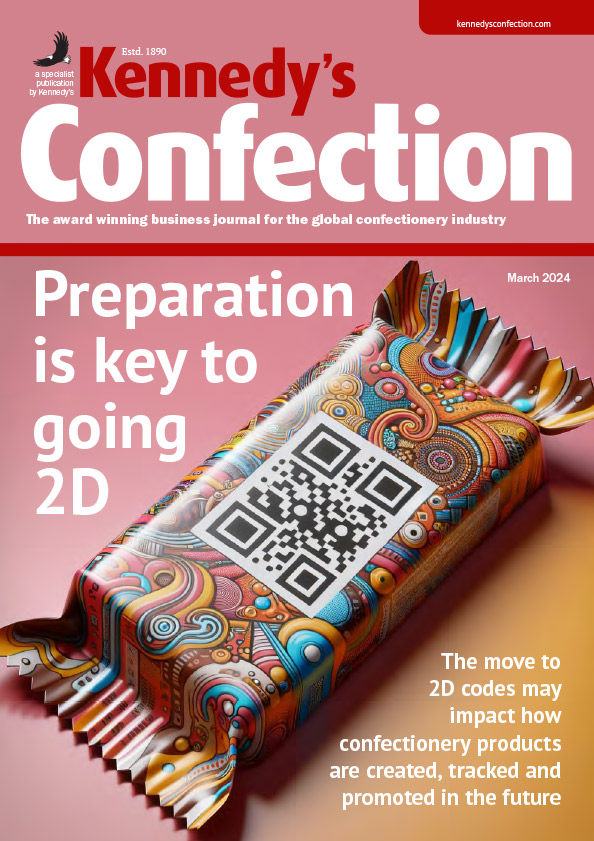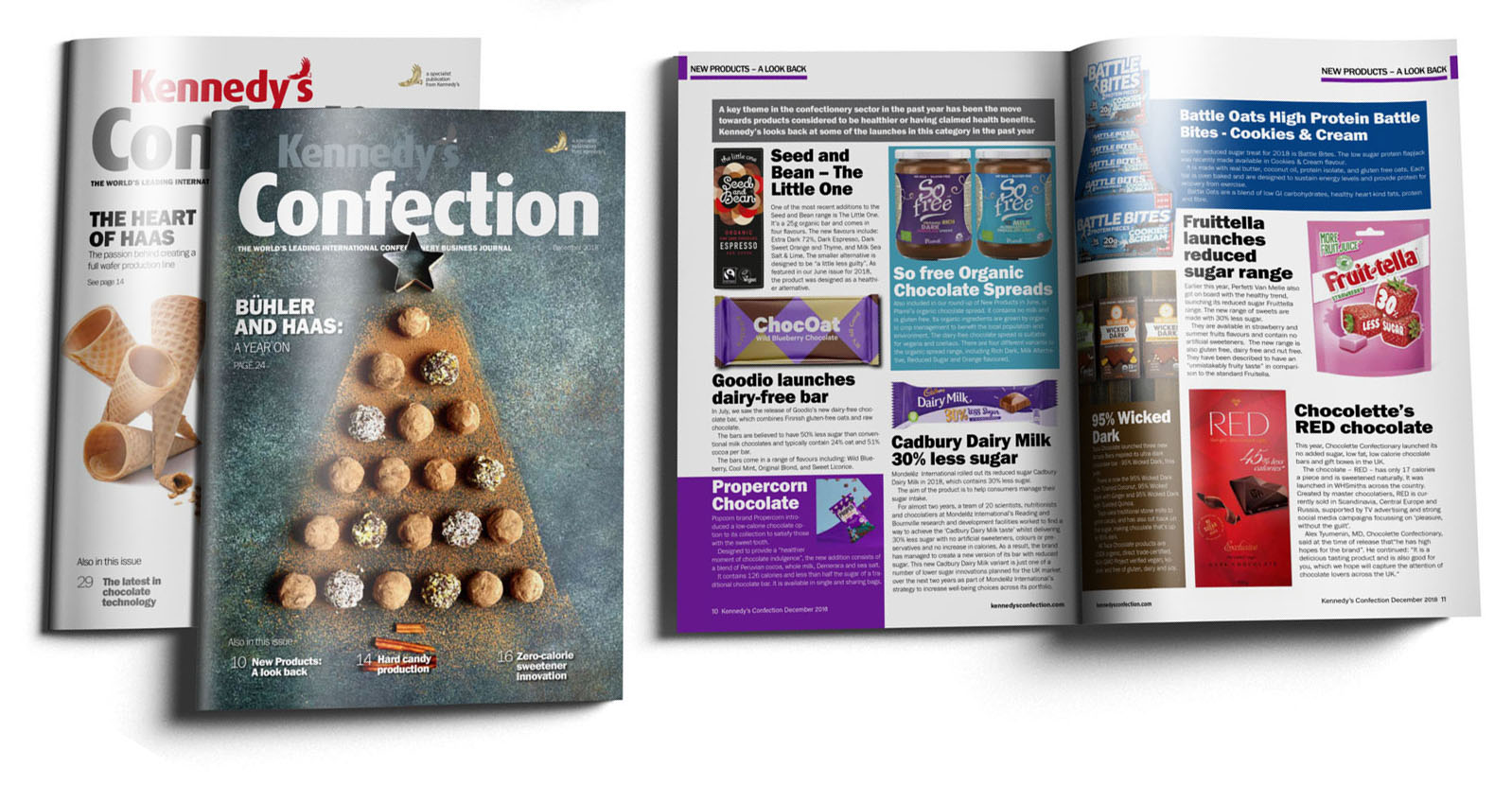New research by Ingredient Communications highlights that Generation Z consumers are more concerned about the sustainability credentials of food and beverage products than Boomers and find vegetarian and vegan products more appealing.
In a survey of 1,000 adults in the US and UK, a third of those aged 18-25 (34%) said they consider it ‘very important’ that a product is made sustainably, compared with 18% of those aged 65 and over.
Meanwhile, 38% of 18 to 24-year-olds said they find vegetarian claims on products to be ‘very appealing’ and 33% said they feel the same way about vegan claims. Only 6% of respondents aged 65+ said they find vegetarian claims ‘very appealing’ and just 3% said the same about vegan claims.
The research shows that the youngest consumers are more price sensitive, too. Twenty-nine per cent of respondents aged 18-24 said it is ‘very important’ that a product is the cheapest available, while only 3% of people aged 65+ agreed. Consumers aged 18-24 are much more willing to pay extra for a product that is made entirely with ingredients they recognise, with 67% saying they’d do so. Only 27% of those aged 65+ would pay more.
“These insights highlight the importance of aligning product development and marketing with the worldview of your target consumer demographic. While there will be common ground between generations, the areas of disagreement can be quite striking – and this means a one-size-fits-all approach is risky.”
Richard Clarke, Managing Director of Ingredient Communications
The research, conducted by SurveyGoo in September 2020, also found that the youngest shoppers have the strongest feelings against GMO ingredients. Two in five (39%) said that a GMO-free product is likely to be ‘very healthy’, compared with just 14% of over 65s.
In addition, while nearly four in 10 (38%) of 18 to 24-year-olds believe that label claim ‘gluten-free’ is a sign that a product is ‘very healthy’, only 6% of Boomers hold this view. Accordingly, 31% of 18-24s said they find a gluten-free claim on a product to be ‘very appealing’ compared with 8% of over-65s.







